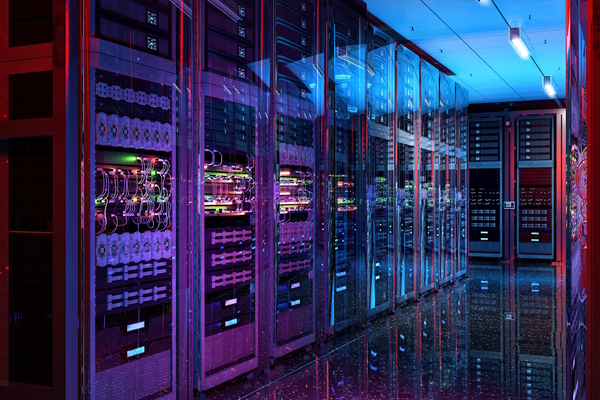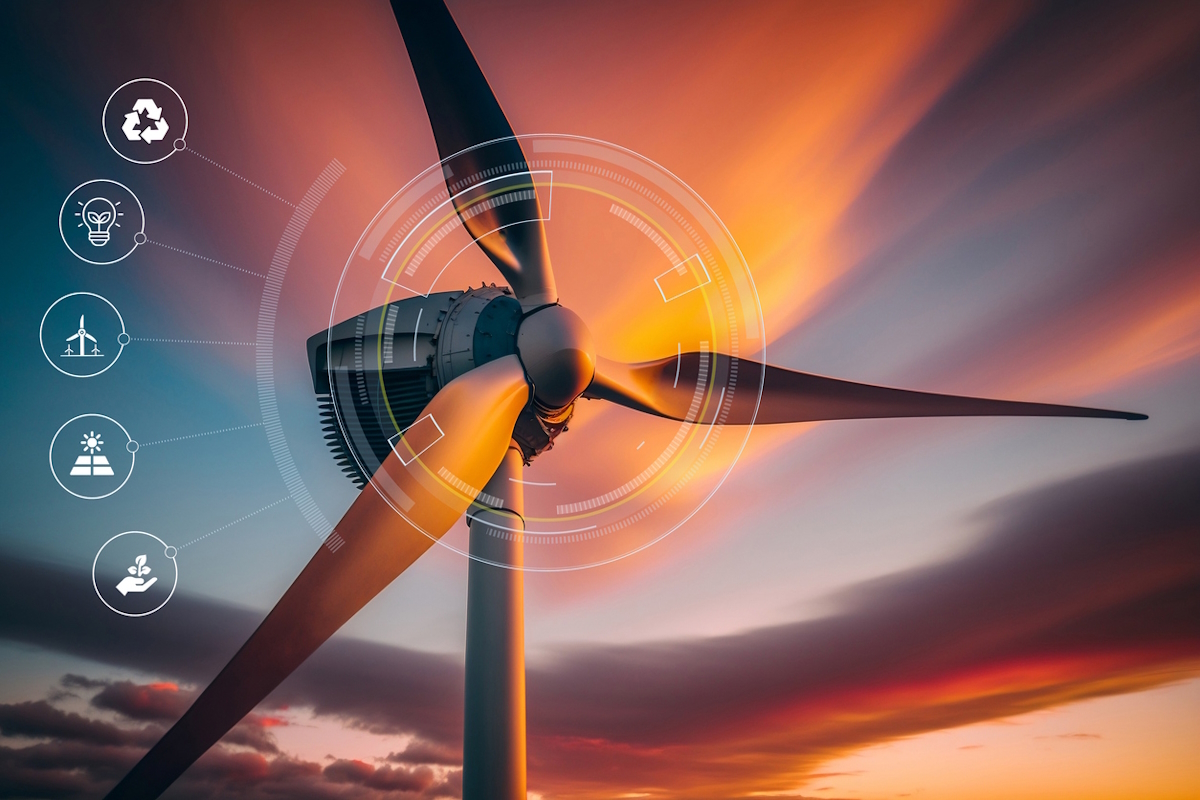What does it mean to have sustainability in your company DNA?
Sponsored by Delta ElectronicsDalip Sharma of Delta Electronics explains why taking sustainability seriously is good for the environment and resonates with today’s consumers
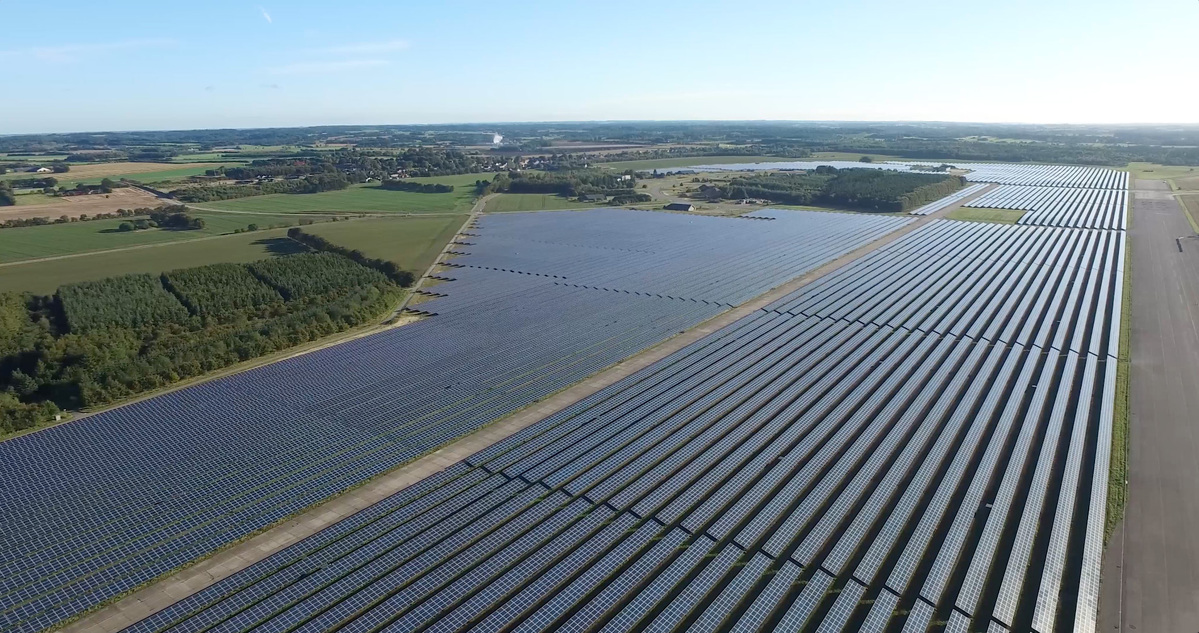
The role of business today extends far beyond products and profits. Many consumers look to large commercial organisations to play their part in tackling global challenges, a process now known as ESG – aligning environmental, social and governance considerations into business decisions.
But it’s not just about creating a sustainable world where businesses actively contribute to better outcomes. There is also growing evidence that sustainable corporate practices are closely linked to business performance.
When Delta first opened its doors more than half a century ago, the environment wasn’t the hot topic of conversation and concern it is today. But efficiency and sustainability have been part of the company’s DNA from the outset.
As a technology supplier to brands in the global information and communications technology (ICT) and automotive industry, Delta seeks to develop next-generation sustainable solutions for smart cities, energy-efficient ICT infrastructure and green energy solutions.
Here, Dalip Sharma, President and General Manager of Delta Electronics EMEA region, outlines some of the company’s green initiatives, and explains why sustainability has proved not only good for the planet, but good for business too.
ESG means different things to different people. Why are these considerations important for a business such as Delta?
At Delta, we are in business not only to make money but also to fulfil our responsibility toward society. It’s a responsibility that we have always taken seriously, turning words into positive actions.
Our main focus is on the environment. Each of us has a responsibility to act sustainably and protect our natural world, and that applies to companies too. We are responsible for what kind of world we leave for future generations.
Global news headlines report increasing numbers and intensity of floods, droughts, wildfires and other evidence of climate change. We need to do everything we can to make a difference, however small, while educating the people who are looking at us.
Asking “what more can we do?” as a company is infectious, whether that’s designing energy-efficient buildings, drawing a blueprint for a new product or developing transparent business models.
Global awareness of the need to reduce greenhouse gas emissions and use our resources more efficiently is growing. Companies such as Delta that take these commitments seriously increasingly resonate with staff, business partners, suppliers, customers and other stakeholders. It’s an approach to business that helps attract and retain talented professional staff and creates a competitive edge.
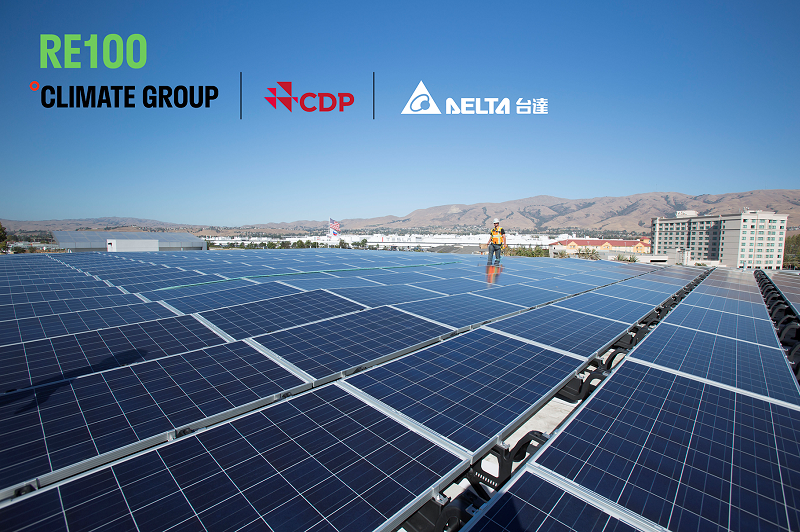
What are the main environmental challenges faced by companies such as Delta and how are these challenges being resolved?
Our business journey so far has been filled with sustainability challenges and milestones, but the scope of our environmental challenges continues to increase.
In the 1980s, we developed one of the world’s first energy recycling systems to reduce energy consumption in manufacturing.
Building on earlier efforts, Delta published its first corporate social responsibility report in 2005: a 48-page document outlining company targets to make operations more energy efficient, and improve waste management, health and safety, governance and transparency throughout the business.
Delta developed a program to make company buildings energy-efficient, with human-centric lighting, rainwater harvesting and green energy. As a result, overall electricity intensity for the company’s offices and plants was reduced by half between 2009 to 2014.
By 2021, the company’s ESG report numbered 199 pages, targeting improvements in these same areas but in greater depth, along with other challenges such as carbon management, water conservation, human rights, information security and personal data protection.
Having reduced, improved and upgraded the areas of the business under our direct control, attention has turned to matters beyond our immediate control. We are working with supply partners to make our supply chains more energy efficient and sustainable, for example.
Attention is also turning to ways of making the company’s logistics train more eco-friendly, to reduce the emissions of ships, trucks and other modes of transport that move our components and products around the world.
What specific sustainability initiatives or commitments has Delta made in this area? How does it turn words into actions?
Back in 2015, Delta was one of the first companies to publish a climate action plan, with targeted initiatives in support of the Paris Agreement.
As part of the We Mean Business Coalition and the Business Ambition for 1.5°C campaign, we support global efforts to achieve Net Zero emissions by 2050. Our climate change policy and information are also included in company reports.
Our other commitments include a RE100 pledge to use 100 per cent renewable electricity by 2025 for European operations, and globally by 2030. Electric vehicle (EV) charging stations will be installed at all of our major business sites by 2030 and all company cars will switch to EVs.
We are very proud of our green-energy buildings program, which has resulted in more than 31 buildings and two data centres being awarded Leadership in Energy and Environmental Design (LEED) Gold or Platinum ratings, or Building Research Establishment Environmental Assessment Method (BREEAM) certification.
A unique internal carbon pricing system operates within the company to promote adoption of sustainable building technologies. Each company location pays a penalty fee from its budget if it fails to meet set targets, creating a fund that helps these offices invest in green technologies needed to become more sustainable.
Other initiatives include joining forces with the One Tree Planted charity, donating trees to support environmental regeneration in Africa, Europe and South America.
We also support a marine protection group to regenerate coastal coral reef ecosystems and train hundreds of corporate volunteers to help build coral nurseries in Taiwan, where the company is headquartered.
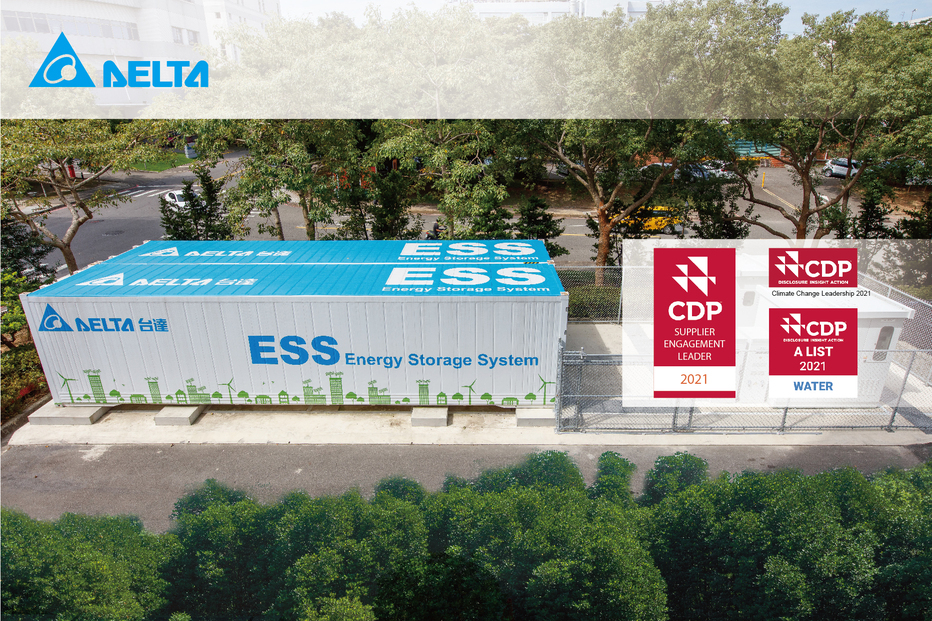
How does Delta measure success, and do the benefits outweigh the financial costs of putting robust sustainability provisions in place?
Measuring performance and improvement in all aspects of business is vital, not least with sustainability efforts.
Delta’s commitment to the Business Ambition for 1.5°C initiative means adopting science-based carbon emissions targets, which assess potential operational efficiency gains as a basis for setting stringent targets for each part of the business, to make improvements.
Energy consumption and carbon emissions of each business activity – R&D, manufacturing, and so on – are calculated to see where possible energy gains can be made. Based on these calculations, each department must determine the operational changes or new low-carbon technologies needed to meet its targets. Each staff member has science-based ESG targets built into their Key Performance Indicators.
The second part of the question does not have a straightforward answer. Putting robust sustainability or other ESG provisions in place is a costly business, where the investment often outweighs the immediate benefits. But this way of looking at things is both short-term and short-sighted.
Taking ESG challenges seriously involves vision and commitment, which takes time. Looking longer-term, the benefits far outweigh the costs. Delta’s founder Bruce Cheng’s sensitivity to the environment and vision to invest in promoting corporate responsibility from the very start, I think, was – and still is – one of the key drivers of our business success.
“Each of us has a responsibility to act sustainably and protect our natural world, which applies to companies, too. We are responsible for what kind of world we leave for future generations.”

Dalip Sharma
President and General Manager of Delta Electronics EMEA region

Business Reporter Team
Most Viewed
Winston House, 3rd Floor, Units 306-309, 2-4 Dollis Park, London, N3 1HF
23-29 Hendon Lane, London, N3 1RT
020 8349 4363
© 2025, Lyonsdown Limited. Business Reporter® is a registered trademark of Lyonsdown Ltd. VAT registration number: 830519543

